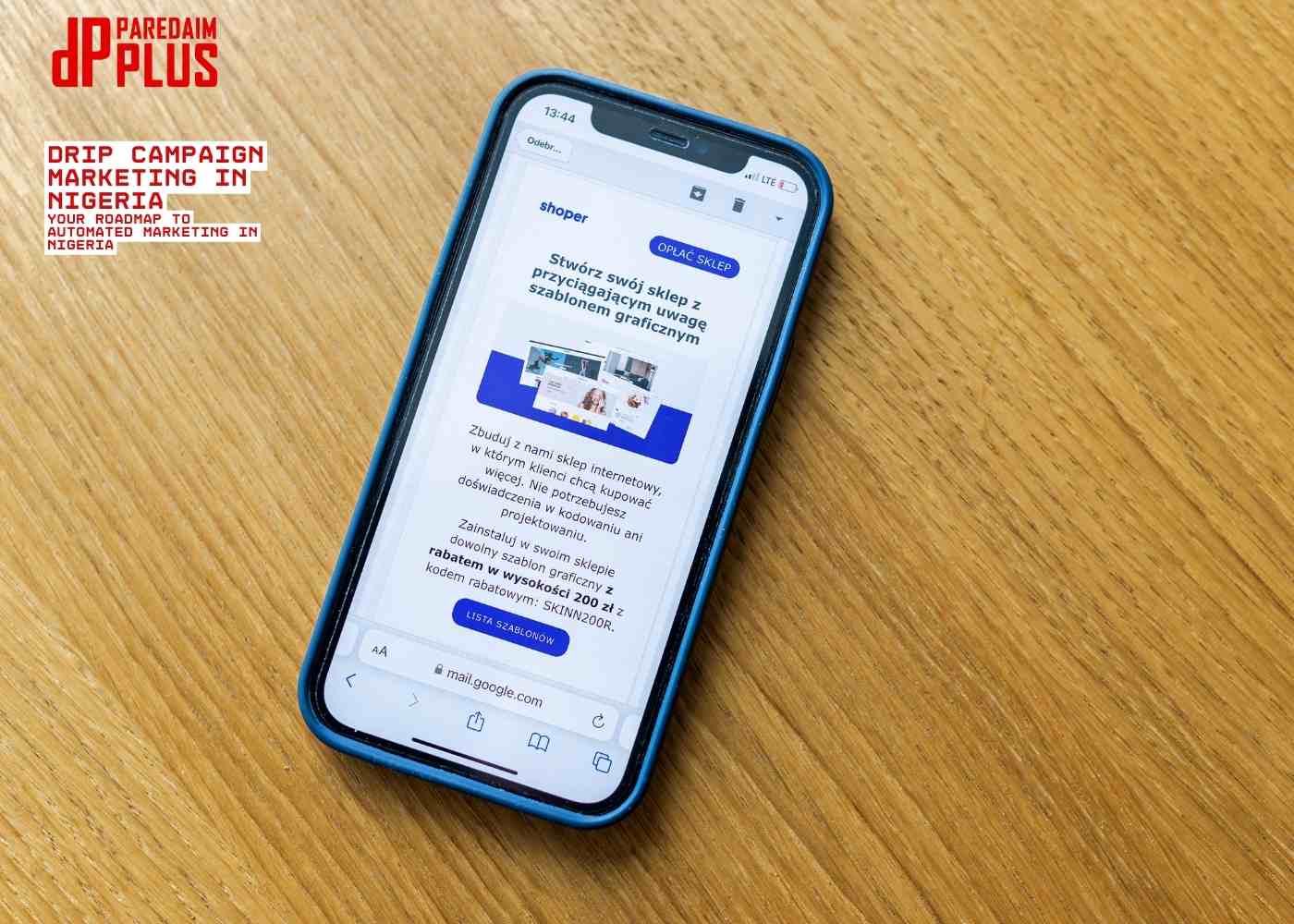
Reno Omokri, a man whose clouded opinions on politics, global affairs, and spirituality are never shy to make zany claims or live a jet
set lifestyle. Whether posting selfies in Geneva or broadcasting live from the
streets of London, Omokri has cultivated a distinct online persona that merges
influence commensurately with an international presence. So it™s hardly
shocking that his recent X (Twitter) announcement that he made more than $5,000
in 18 days from subscriptions, and more than that from ad-sharing garnered
support but also raised eyebrows. For someone like this, whose life seems to be
lived across continents, the idea that social media drives this mobility is a
story that bears unpacking.
Importantly, with over 2 million followers and engagement in
the thousands and often tens of thousands on a daily basis, Omokri is more than
an internet personality; he is a digital influencer. His posts are often
contentious, hashtagging, and counter-posting, especially when it comes to
Nigerian politics or Pan-African development. It is this constant engagement
that feeds directly into X™s monetization model of capitalizing on high
visibility and loyal followership in order to make real dollars. But to what degree
is his monetary appeal substantiated by platform logics and data versus
performative panache?
This article provides a data-driven analysis of Omokri™s
monetization statements within the context of the X subscription and ad-sharing
programs. Is a social media influencer “ even one who is globe-trotting and has
massive online influence, able to draw in thousands in under three
weeks from social media? Or perhaps this is yet another example of narrative
running ahead of the numbers. Through analysis of platform policies, industry
standards and norms, and Omokri™s online activity footprint, we can demystify
aspects of influencer economics.

1. Subscription Revenue: The Numbers Behind the Claim
Subscription Income Claim: Omokri claims he earned over
5,000.00 in 18 days.
Which breaks down to: $277.78/day $1,944.44 weekly $8,333.33
monthly extrapolated
Evaluation:
Such a claim is indeed plausible given X™s current
subscription structure: Those creators with a minimum of 500 followers, and with
a verified account, were able to charge for a paid subscription to receive a
creator™s exclusive content. Fees are around $3-10 a month. Given that Omokri
has more than 2 million followers, he could easily gather the thousands of
subscribers.
Sample Calculation:
A mere 1,000 subs at $5/month would be $5,000/month.
Assuming Omokri makes $5,000 over 18 days, that means he likely
has between 1,800-2,000 subscribers, give or take, depending on which
subscription level they™re at and how much X takes.
Yet subscriber numbers and financial data are not public,
thus the argument is uncheckable and self-claimed at this point.

2. Ad-Sharing Revenue: Estimating the Serious Dollars
Argument: Omokri claims to make œserious dollars off of X™s
advertising revenue program every month.
Evaluation:
X™s ad revenue is based on impressions by authenticated
accounts. As a conservative estimate: $8.50 for 1 million verified impressions
$2.50-10 /1000 verified /month Considering Omokri™s mass of 2 million plus
engaged followers it™s reasonable to assume he: Commands 5-15 million
verifiable monthly impressions Could have the potential to gain
$42.50-$127.50/month at $8.50 per million.
If the value per impression increases, for some well-charged or targeted content, for example, this number could increase in the
range of hundreds or low thousands per month.
What constitutes œserious dollars is once again subjective, and there is no way to quantify it, and of course, absent exact impressions and
details of X payouts, no one can offer any specific number.
3. Omokri™s Influence and Engagement on X
Omokri™s level of audience engagement and digital presence
is a significant marker of monetization potential:
- Top Charts in 2024 listed him as the 21st most talked-about
African personality.
- Regularly gets thousands of likes, comments, and reposts.
- Spearheads viral campaigns like #FreeLeahSharibu and
political mobilizations.
- Famous for undertaking missions of the type Lagos-Calabar
Coastal Highway Fact-Finding Mission, which drives visibility.
His visibility thus increases his capacity to monetize via
ads and also via subscriptions.

4. Track Record: Skepticism Based on Past Claims
Due to Omokri™s history of making outlandish or false
statements, the credibility of his revenue claims is tempered.
These include, for example:
- Deceptive figures on Nigeria™s debt and GDP.
- Erroneous claims about life expectancy and rankings by
country.
- Biased or out-of-context data is a typical type of
misinformation that is exposed by many fact-checking institutions.
Though he may not be stretching the truth in arguing that he
has monetized his claims, his lack of third-party verification also raises some
concerns about credibility.
5. Industry Benchmarking: How Does Omokri Compare?

Omokri is a mega-influencer, and he would be on the higher
end of that revenue scale, particularly if he is monetizing with both
subscriptions and ad revenue. His $5,000 in 18 days from subscriptions alone
might even be better than most influencers who do solely ads or occasional
brand deals.
Conclusion
It is therefore not far-fetched that Reno Omokri™s claim
that he made over $5,000 in 18 days from X subscriptions and that he was making
œserious dollars from ad revenue, is indeed true for the following reasons:
His massive, highly-engaged audience X™s monetization tools™ formats His past
visibility in public office and web campaign.
But, as a result of: Financial opacity, Subjective terms
(serious dollars), A false public record, we should be cautiously skeptical of
these claims. Third-party analyses, audited financials, or other verified data
from the platform would be necessary to provide such specifics.
Conclusion: Omokri™s case represents one with increasing
possibilities for Nigerians and Africans that social media could offer beyond
brand deals/income, by monetizing directly from the audiences they obtain. But,
as this case illustrates, critical thinking and verification of data are still
necessary in the era of self-report influence.







